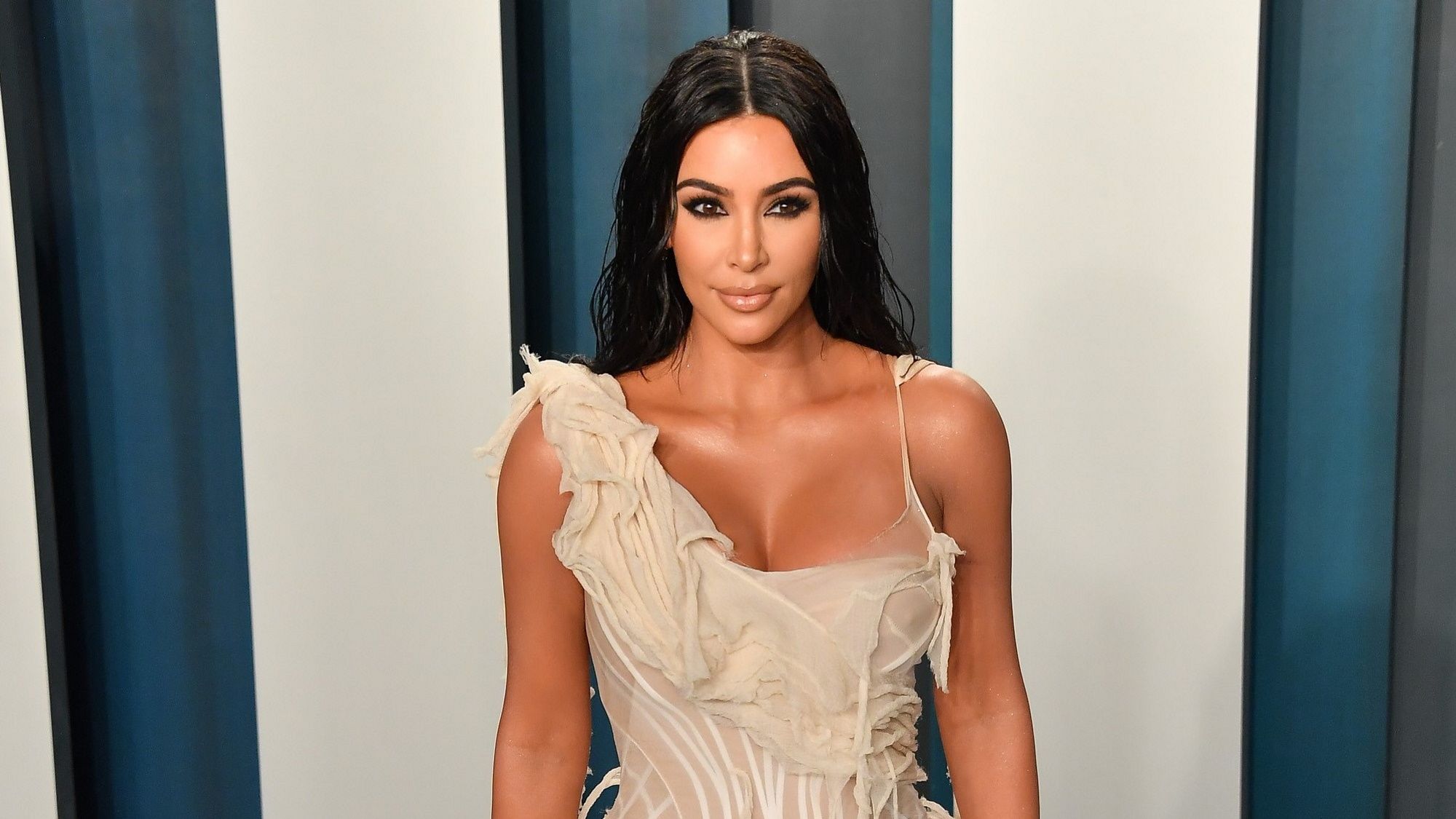Kim Kardashian Says ChatGPT Led to Law School Test Failures as OpenAI Refutes Rumors of AI Restrictions

Key Points
- Kim Kardashian used ChatGPT for law school study and cites it as a factor in failed tests.
- Rumors claimed OpenAI had stopped ChatGPT from giving legal and medical advice.
- OpenAI clarified that no new restrictions were added and the model’s behavior remains unchanged.
- The terms of service include language about avoiding the provision of licensed advice, but this is longstanding.
- Experts warn that AI can produce inaccurate or overly confident answers, especially in specialized fields.
- Users are encouraged to verify AI‑generated information with qualified professionals.
Kim Kardashian admitted that relying on ChatGPT for her law school studies resulted in failed tests, highlighting the risks of treating the chatbot as a source of professional advice. At the same time, circulating rumors that OpenAI had barred ChatGPT from providing legal and medical guidance were proven false by the company, which clarified that its terms have not changed and that the model continues to function as before. The episode underscores the need for users to verify AI-generated information, especially when it concerns specialized fields.
Kim Kardashian’s Experience with ChatGPT
During a televised interview, reality‑star Kim Kardashian revealed that she had used ChatGPT to help study for her law school exams. She said the chatbot’s answers were sometimes inaccurate, leading her to fail some assessments. Kardashian’s admission illustrates a broader pattern where users may over‑rely on AI tools for high‑stakes tasks.
False Rumors About ChatGPT’s Capabilities
At the same time, online speculation suggested that OpenAI had altered its service to stop providing legal and medical advice. The rumor cited a clause in the terms of service that mentions “provision of tailored advice that requires a license.” OpenAI responded that the clause has existed for some time, that no new restrictions were added, and that the model’s behavior remains unchanged. The company emphasized that ChatGPT is not a substitute for professional counsel.
OpenAI’s Clarification
OpenAI’s spokesperson explained that the wording in the terms is intended to protect the company legally, not to signal a new policy shift. Users can still discuss legal or medical topics, but they should not expect the AI to replace licensed professionals. The clarification aimed to dispel the misinformation spreading across social media.
Implications for AI Users
The combination of Kardashian’s personal setback and the unfounded rumor highlights a key challenge: many people treat AI-generated answers as definitive, even when the system may produce “hallucinations” or overly confident but incorrect statements. Experts advise that AI can be valuable for summarizing concepts or providing general information, but users must verify the content with qualified experts before making critical decisions.
Broader Context
Kim Kardashian’s high‑profile status brings attention to the pitfalls of relying on generative AI for specialized advice. While AI tools can simplify complex language and aid learning, they lack the accountability and expertise of licensed professionals. The episode serves as a reminder that confidence in an answer does not guarantee its accuracy, and that responsible use of AI requires careful judgment and verification.